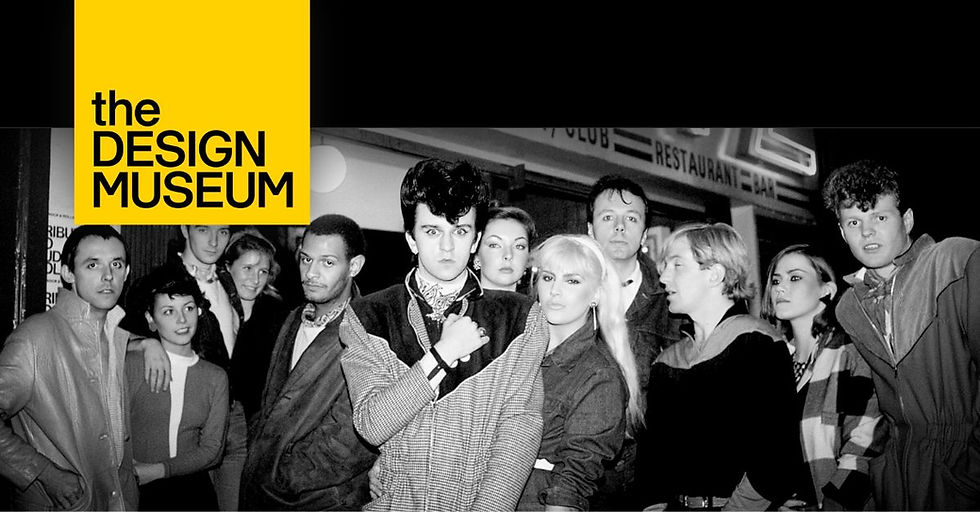What can 30 seconds of biomechanical data do for a runner?
- Marketing Target3D
- Sep 5, 2019
- 3 min read
Updated: Feb 19, 2024
Runner Will Lockwood, who runs with London club Run Dem Crew, visited StudioT3D for a complete running analysis. Stephanie, Target3D’s Technical Biomechanics Specialist, talks us through the purpose and process…
The purpose of analysing running gait is to understand the mechanics of movement. Everyone can run, but not everyone can run efficiently. Running is a very complex movement involving bones, joints, muscles, and nerves coordinating with one another to propel the body forward in a fast rate. Taking advantage of the technology enables the athlete to learn how to use their body effectively to run.

In our studio we use OptiTrack camera systems to capture different kinds of performances. Combining a new software called Running 3DMA, developed by STT Systems, we could quickly analyse Will’s gait parameters while he ran on a treadmill. In this case we used Prime 13 cameras which capture small volumes at 240 fps, which is the perfect setting for doing a running analysis. 12.7mm markers were placed directly onto the joints and segments of Will’s body.

As the trackers are so precise and sensitive, we needed to ensure we covered his trainers and the logos on his t-shirt because they were quite reflective. Due to the vibrations at heel strike, kinesiotape was also required to adhere the markers to the legs and feet. You wouldn’t expect it, but it takes more time to set up than it does to capture the movement - which took only 30 seconds this time to get a good robust amount of data.
What’s cool about the software is that it generates a report that displays all the gait parameters such as cadence, step and stride length, and foot strike for left and right side of the lower limbs. Center of gravity and range of movement (frontal, sagittal, transverse) are also displayed for the feet, ankles, knees, hips, and upper body. In Will's case, step length showed no differences between both sides.
I should point out that the max and min values are just a guideline on the scale of the graphs, they by no means represent a subjective interpretation of the "correctness" of a subject's running performance. But, Will’s results show that his range of movement is within the normal distribution of a normal running gait cycle.
As you can see, this can be a transformative tool for trainers and runners to pinpoint issues and achieve optimal performance. As the technology and software available keeps improving, so will the runners.

I asked Will how the process was for him and he told me, “I definitely left knowing more about my running style. It was useful to know I need to up my cadence and not hunch so much. I didn’t appreciate the dichotomy of movement between my feet and hips so the results can really help me smooth out my form and balance out both sides of my body. Regarding the tech, what impressed me most was the sheer range of numbers and metrics it picked up from just 30 seconds of filming. I'd recommend a running analysis session to fellow runners for sure. You learn things that you could never see in yourself or even another runner."
Check out this short video where I explain more about running gait analysis:
I'm always happy to chat through biometrics and the technology we have to track body movements for sport - get in touch at stephanie.w@target3D.co.uk
%20(1).png)



Comments